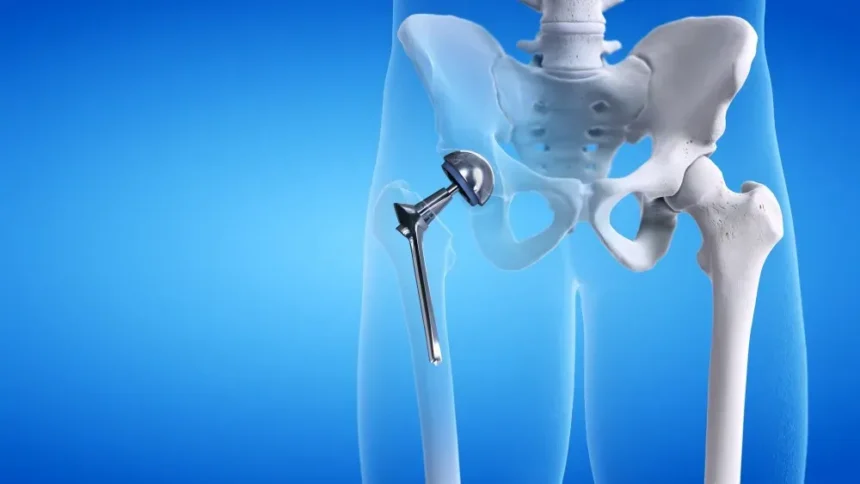Hip replacement surgery is a procedure designed to relieve pain and restore mobility for individuals with severe hip joint damage caused by arthritis, injury, or other conditions. Preparing properly before surgery can make a significant difference in your recovery and long-term results. Here’s more information on preparing for hip joint replacement surgery:
Understanding Hip Replacement Surgery
Hip replacement surgery involves removing damaged portions of your hip joint and replacing them with artificial components. Surgeons recommend this procedure when conservative treatments such as physical therapy, medications, and joint injections no longer provide adequate relief. The most common reason for hip replacement is osteoarthritis. This condition develops when the protective cartilage cushioning your hip joint gradually wears away over time. Without this cushion, bones rub directly against each other, causing pain, stiffness, and inflammation. Hips are vulnerable to osteoarthritis because they bear weight constantly throughout the day, making it difficult to rest them adequately.
Preparing Medically for the Procedure
Your medical team will conduct several evaluations before scheduling your hip replacement surgery. These assessments help identify health conditions that may affect your surgery or recovery. Here are some key steps involved in the preparation process:
- Undergoing blood tests, imaging scans, and a physical examination to assess your overall health and the condition of your hip joint.
- Informing your surgeon about all medications you take, including over-the-counter drugs and supplements.
- Receiving specific instructions from your surgeon regarding which medications to continue and which to pause.
- Possibly being prescribed antibiotics or other medications to take before or after surgery to reduce infection risks.
- Scheduling a dental checkup to address any potential infections in your mouth, as these could spread to your new hip joint.
- Treating any existing infections in your body to support optimal conditions for a successful surgery.
Completing these steps can help make sure that your surgery proceeds safely.
Getting Your Home Ready
Creating a safe, comfortable recovery space at home is helpful for your post-surgery healing. Contemplate the following steps:
- Remove tripping hazards such as loose rugs, electrical cords, and clutter from floors.
- Clear pathways throughout your home to aid easier and safer navigation with limited mobility.
- Set up a recovery area on the main floor to avoid climbing stairs whenever possible.
- Place frequently used items, like your phone, remote control, medications, and water, within easy reach.
- Rent or purchase adaptive equipment to assist with daily activities.
- Stock your home with easy-to-prepare meals and snacks to minimize stress when cooking is difficult.
- Arrange for someone to stay with you during the first few days after surgery to help with basic tasks.
Taking these proactive measures helps you create an environment that supports a smooth and comfortable recovery process.
Strengthening Body and Mind
Physical conditioning before surgery can improve your recovery outcomes. Your surgeon may recommend specific exercises to strengthen the muscles around your hip. Stronger muscles provide better support for your new joint and may speed up rehabilitation. Maintaining a healthy weight reduces stress on your new hip joint. If your doctor suggests weight loss before surgery, work with a nutritionist to develop a sustainable eating plan.
Mental preparation is just as fundamental as physical readiness. Hip joint replacement surgery is a major procedure, and having concerns is normal. Learn about what to expect during surgery and recovery by asking your surgeon questions and reviewing educational materials. Connecting with others who have undergone hip replacement can also provide you with practical tips and reassurance.
Schedule Your Hip Replacement Surgery Consultation
Preparing for hip replacement surgery sets the foundation for successful recovery and improved mobility. Medical preparation, home modifications, and physical and mental readiness all contribute to better outcomes. For chronic hip pain that limits your daily activities, consult a qualified orthopaedic specialist near you to determine if hip arthroplasty is right for you.





